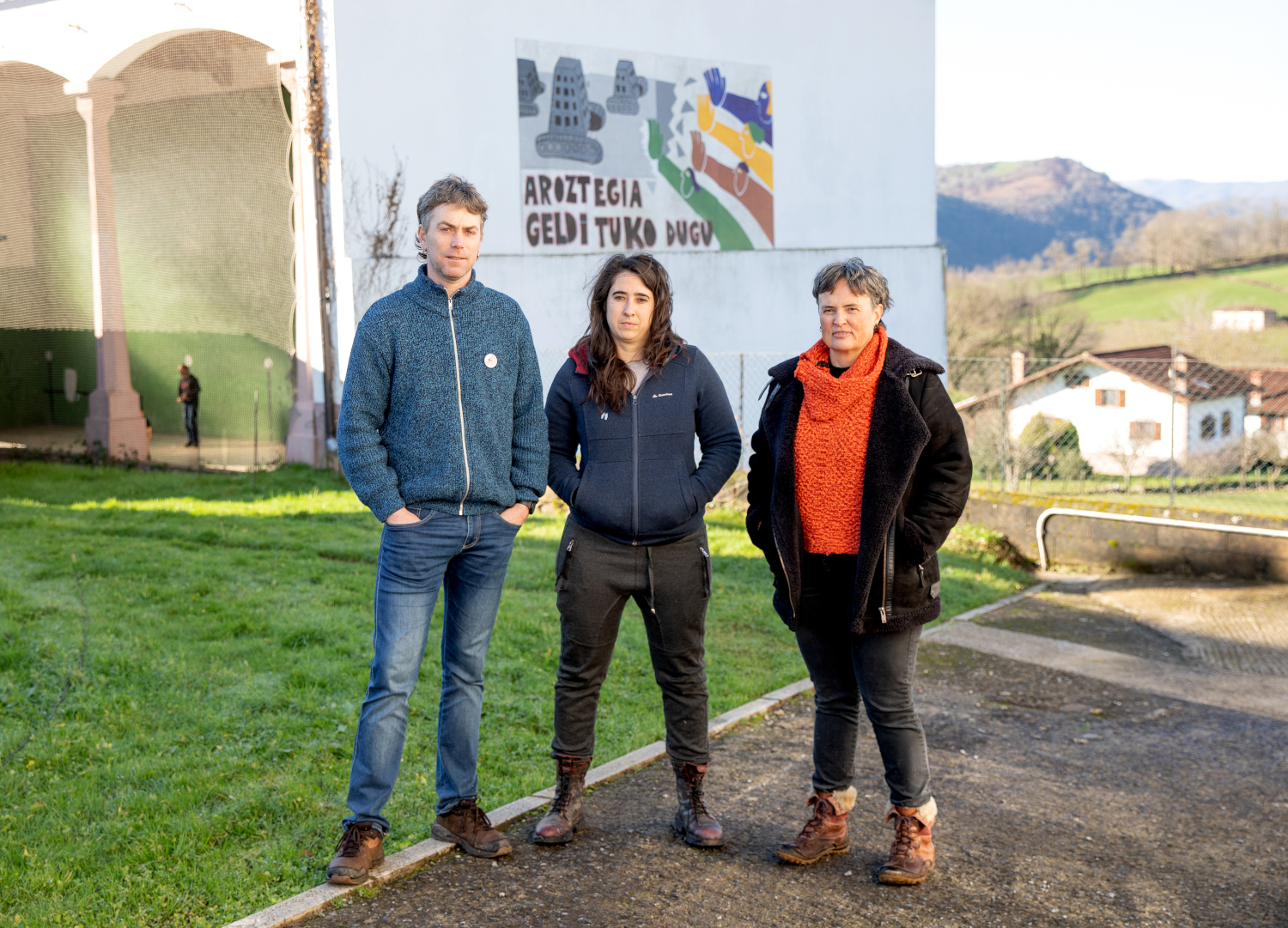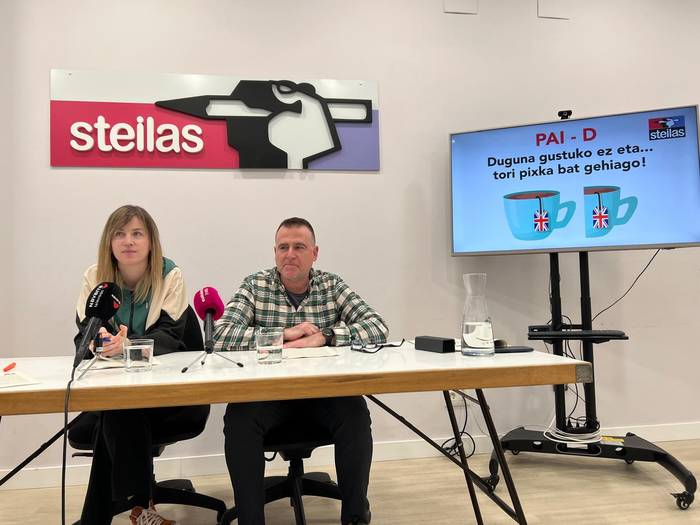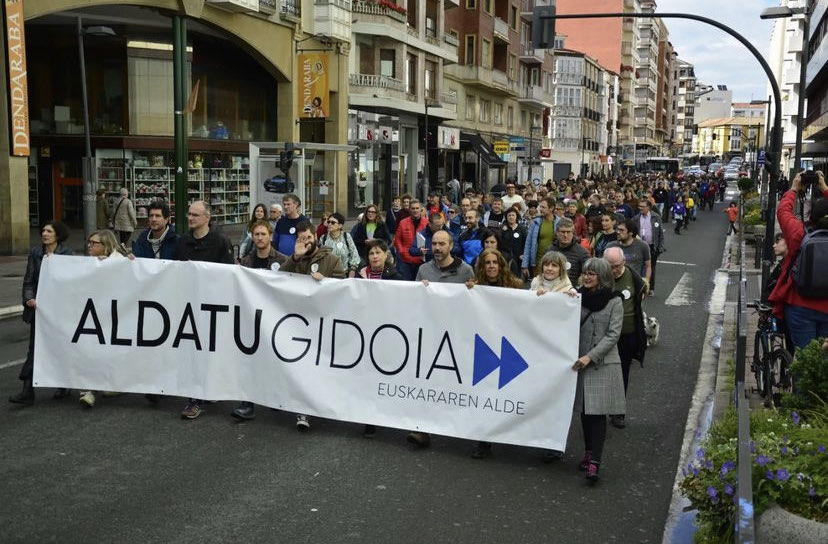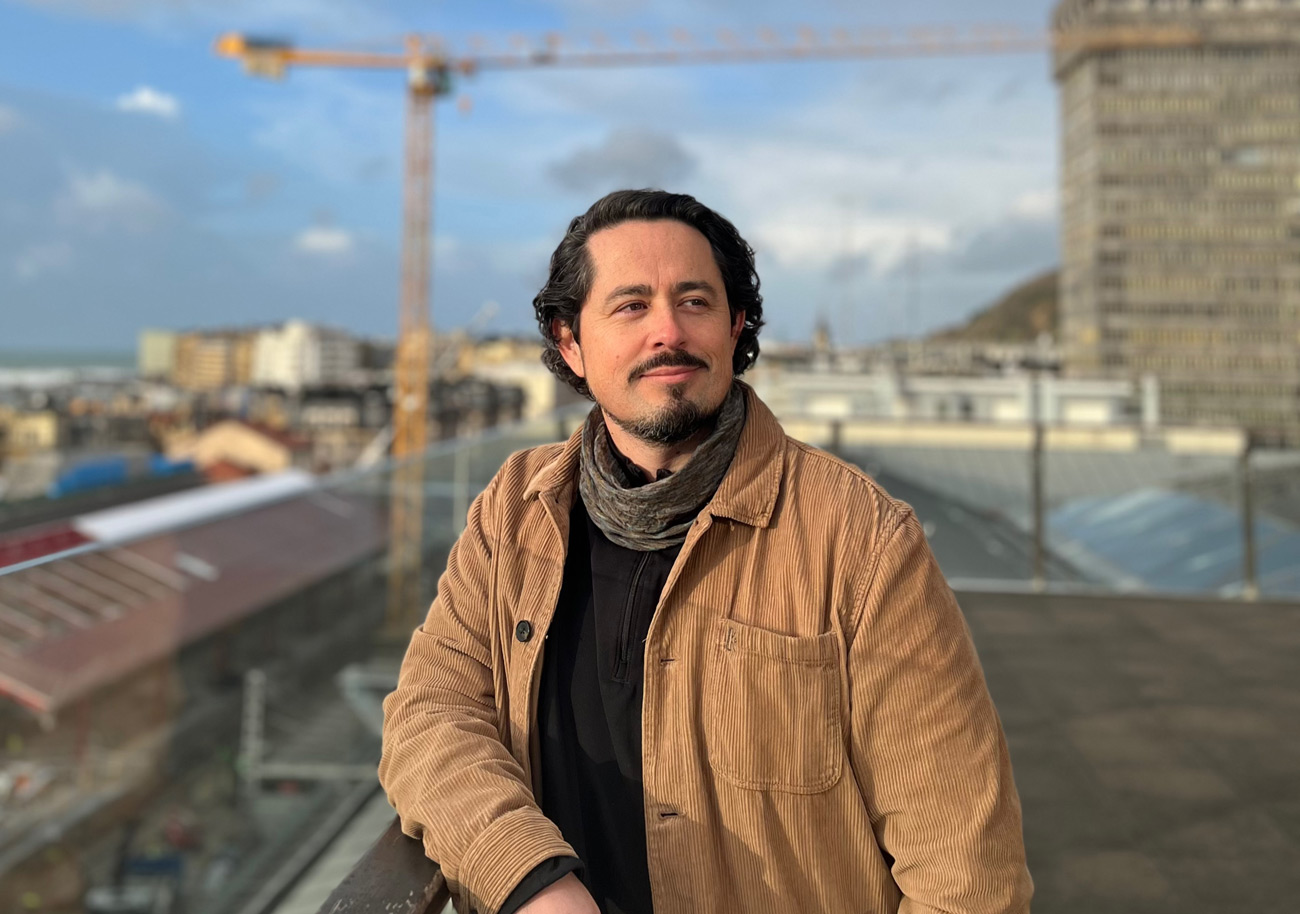Death of Patri Urkizu, Euskaltzale, Lezoan researcher and writer
- The Basque Country of Lezo has died at the age of 78. Besides being a doctor in Basque Philology, he published dozens of works in poetry, novel and essay, as well as biographies and collections of verses.
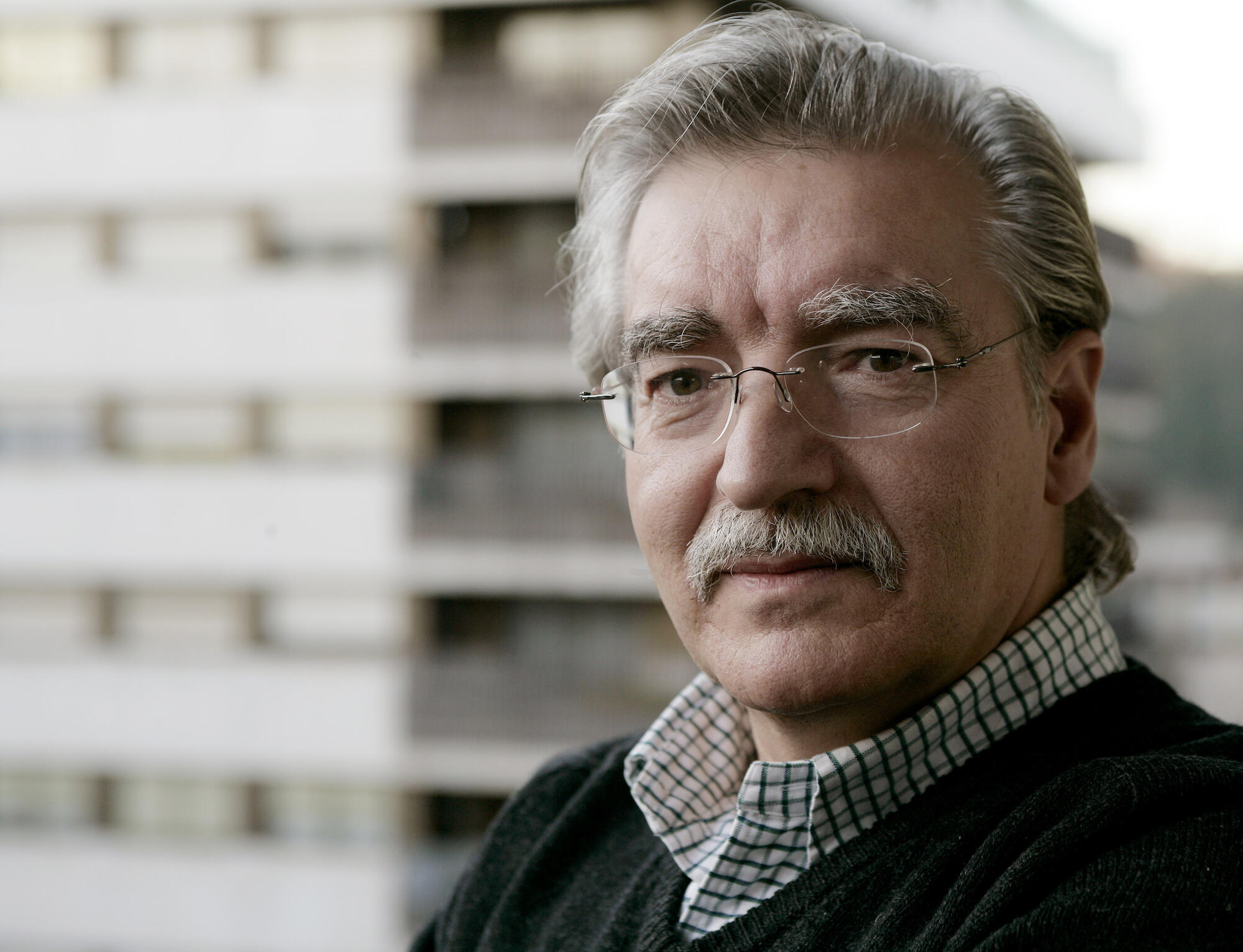
Born in Lezo in 1946, Patri Urkizu, Euskaltzale, writer and professor, has died in the last hours of this Basque town. Both in quantity and in quality, Urkizu has done a great work: from poetry to classical texts, through linguistic studies, as a doctor in Basque Philology, to collections.
He clung to the theater and continued like this for decades. In 1975 he published the essay book Euskal teatroaren historia, among others, Xaribari, which was his first feature film. A decade later, he presented the Teatro Vasco, in which the works of the masters Piarres Larzabal and Antonio Labaien were analyzed. At that time, and with the support of the Basque Government, Antzerti was launched, a dramatic art project in which Urkizu participated. But he did not limit his writing to that; for example, he received the Spanish Critic Award for Poetry in Basque for his work Ze, azken, (GAK, 1984).
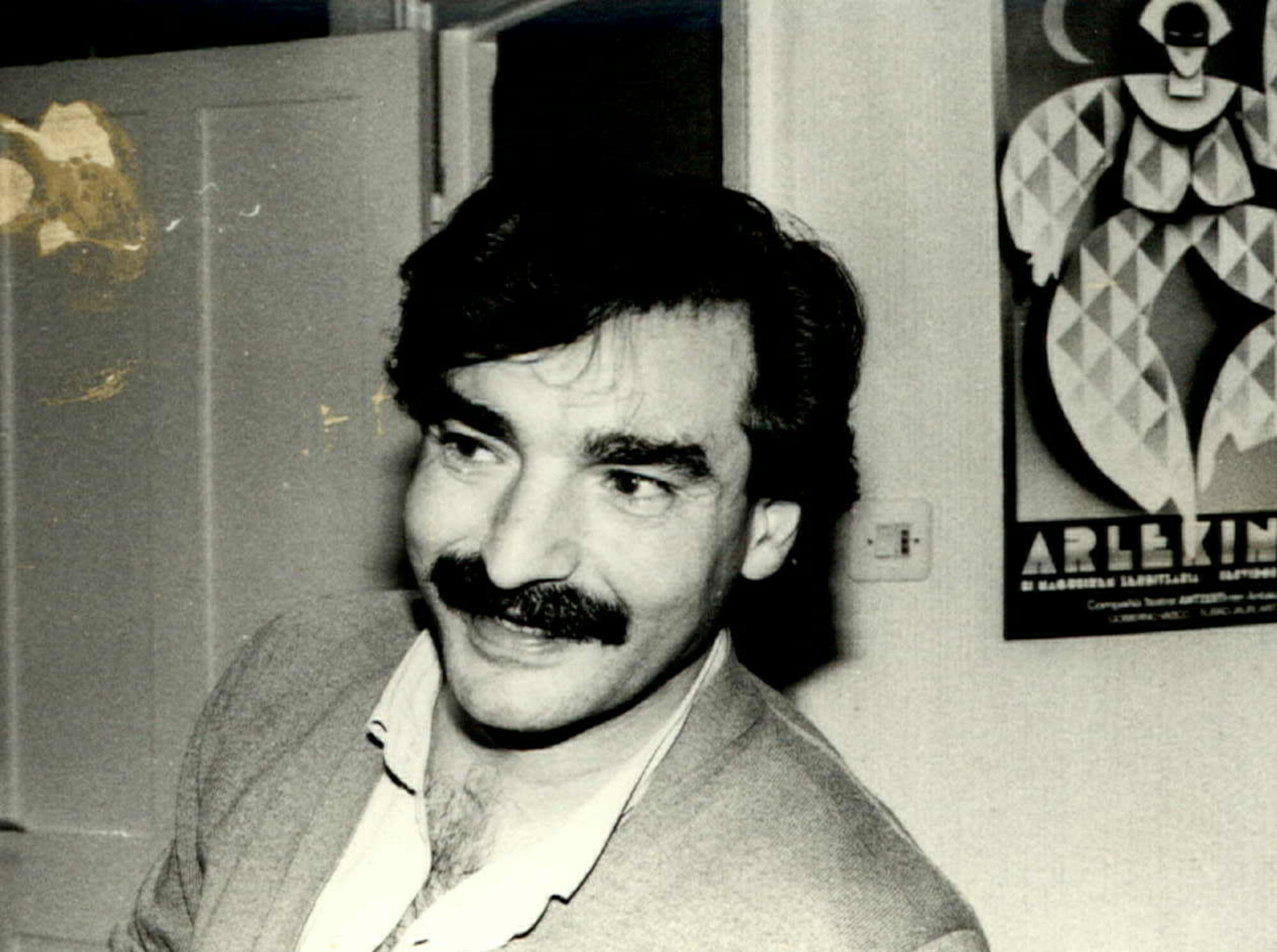
He continued to publish. Among other things, he published the Irri-teatroa de Zuberoa with the editorial Izpegi de Baigorri. In Spanish he published the Basque Folk Theatre. He was a professor in Bordeaux and in Madrid, at the university, giving knowledge about the world of the Basque country and the Basque literature.
Urkizu has also written a lot about Bertsolarism. Among others, the collection of old and new bertsos (Durango City Hall, 1987), the bertsos and songs of Lapurdi Baxanabarre and Zuberoa (Etor, 1991), or the battles of the copists of Anton Abbadia. Collection of verses and aires, 1851-1897 (Eusko Ikaskuntza, 1997).
The novel Zoazte hemendik (Susa, 1995) and the essay book Balada zaharrean (Erein, 2005) stand out. Following the latter, in which stories are told, Pilar Iparragirre interviewed him in ARGIA, and Urkizu asked him about the role of the rafts and their compilation in a book:
"It is true that some have examined these apocryphal songs with excessive severity, pointing out to what the hell these inventions serve the true story. I think current researchers see them with respect, because they say that in small villages these inventions - and there were many discoveries in Britain - have been very useful for the resurrection and dignification of language and culture. And I believe that in the history of the Basque theatre these stories have undoubtedly acquired another dimension, and that is why I think they are interesting, no doubt."
He was appointed president of the Association of Basque Writers in 1989, a position he held until 1997. In addition, he was a member of the Society of Basque Studies and was appointed a corresponding member of the Academy of the Basque Language.
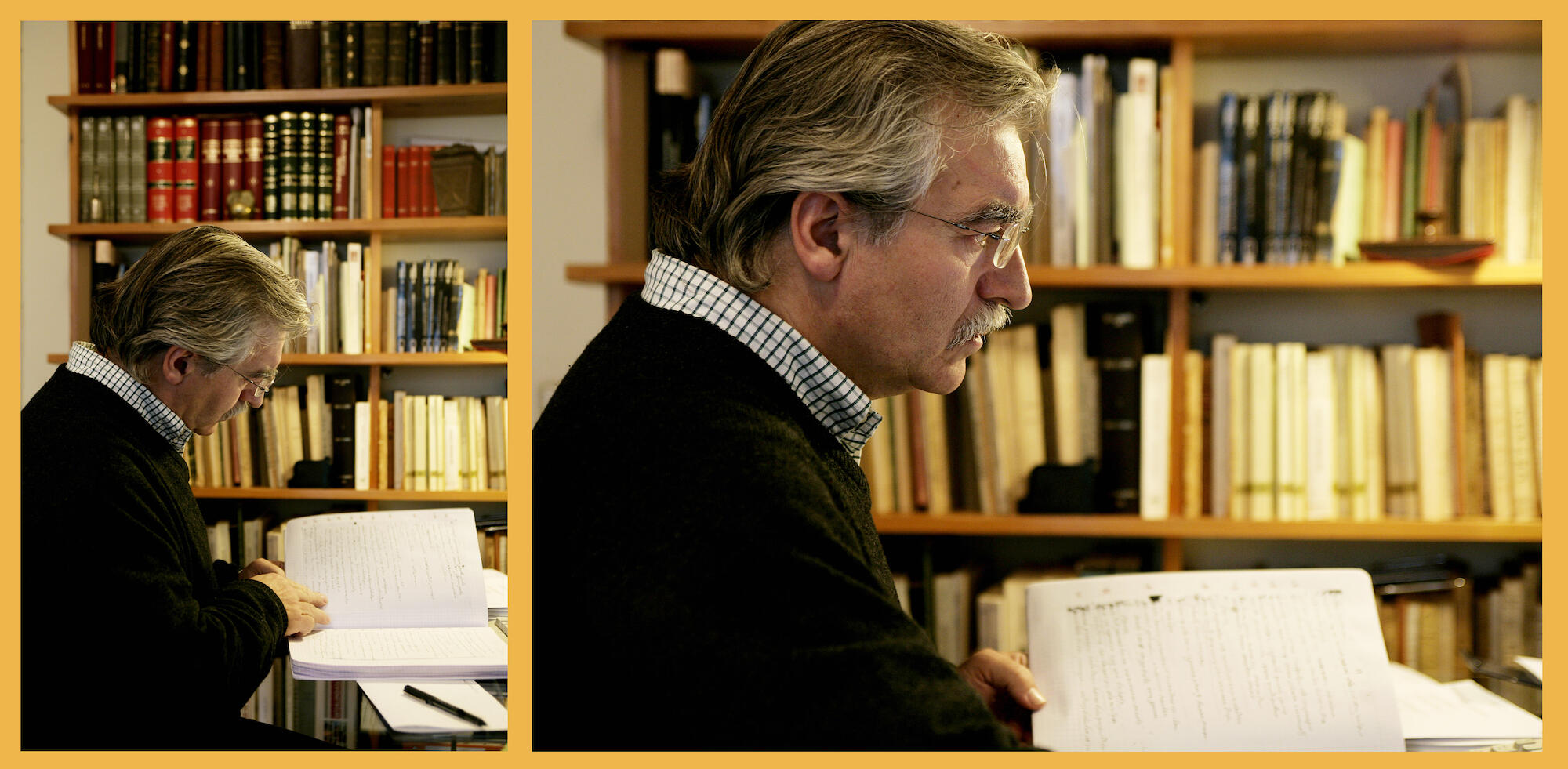
The Mayor in the transition, in favor of the Basque
Patri Urkizu was mayor of Lezo between 1979 and 1983, in the middle of Transition. He was a pioneer in setting up an Euskera translator in town hall, according to his son, Urtzi Urkizu, to ARGIA. With this initiative, the City of Lezo began to perform spontaneous translations and receive the records in Basque. A project was launched to offer municipal workers learning sessions of Euskera during working hours and was dedicated to the translation of street signs and signs to Euskera, at a time when the elaboration of the administrative dictionary was still pending.
Public information about Patri Urkizu
Urkizu has a broad trajectory in favor of the people, the Basque Country and the Basque culture, and just over three years ago he presented what he had in his hands: to make the creation of his trajectory available to the citizens. Five decades on a digital portal: patriurkizu.eus.
"Enjoy and savor those humble texts," Urkizu stressed during the event.
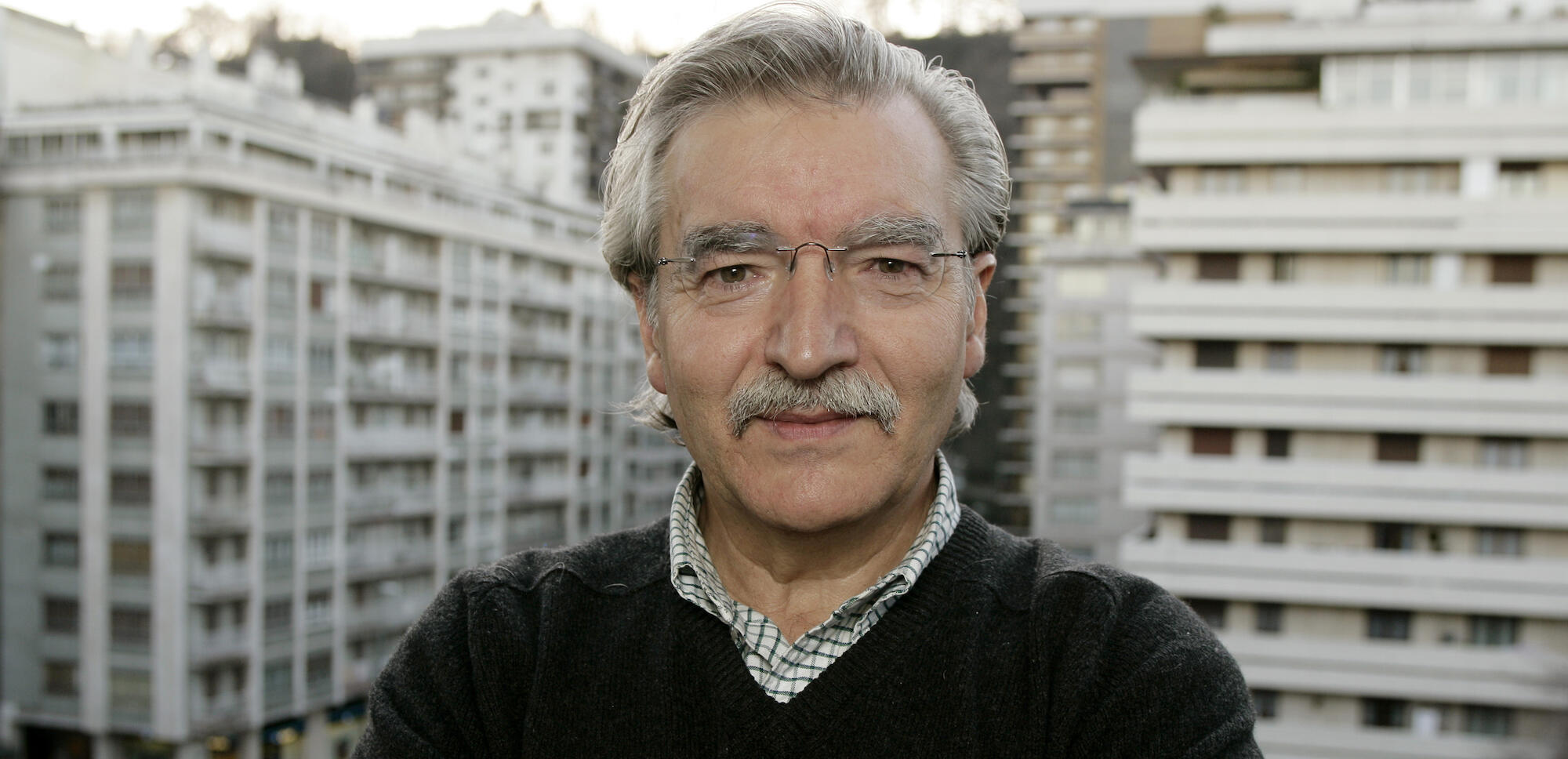
Euskal Herrian Euskarazen arabera, Tolosako tren geltokiko segurtasun agente batek eraso egin zion militante bati, agenteari euskaraz hitz egiteko eskatu ziolako. Tolosako alkateak "kezka" adierazi du eta azalpenak eskatuko dituela jakinarazi.
Otsailaren 28an Hendaian eman dio hasiera kanpainari Herri Urratsek. Euskararen transmisioa bermatzen duen Seaska babestea da helburua.
EH Bilduk sustatuta, Hondarribiako udalak euskara sustatzeko diru-laguntzetan aldaketak egin eta laguntza-lerro berri bat sortu du. Horri esker, erabat doakoak izango dira euskalduntze ikastaroak, besteak beste.
Gukak “Bilbo erdalduntzen duen makina” ikusaraziko du kanpainaren bidez. 24 orduz martxan dagoen makina salatuko dute, eta berori “elikatu eta olioztatzen dutenek” ardurak hartzea eskatuko dute. Euskararen aldeko mekanismoak aktibatzea aldarrikatuko dute.
Plazara, AEK, Uda Leku, Dindaia eta Ebete antolakundeak Baionan elkartu dira Famili'on egonaldi ibiltariaren lehen edizioa aurkezteko. Hizkuntza mailaren arabera eskaintza bat edo beste egongo da eta haur zein gurasoentzat izango da udaberrian.
Hamahiru ZirHika kide batu dira hitanoaren erabilera aldarrikatzeko eta antolakundearen ekintzen berri emateko. Azalpenak Badihardugu elkarteko Idoia Etxeberria eta Galtzaundiko Uxoa Elustondok egin dituzte. Horiei, Andoni Egaña eta Amaia Agirre bertsolariak eta... [+]
Administrazio Epaitegiak arrazoia eman dio EH Bilduk Lizarrako plantilla organikoaren hizkutnz profilen aurka jarritako helegiteari.
Ilbeltzeko igande goiz batez jo dugu Baztanera. Eguzkiak oraindik ez du Lekarozko plaza argitu; bertan elkartu gara Garbiñe Elizegi Narbarte, Itziar Torres Letona eta Ernesto Prat Urzainkirekin. Itzaletan hotz egiten du eta umorez goxatu dugu lehen agurra, hogei urtean... [+]








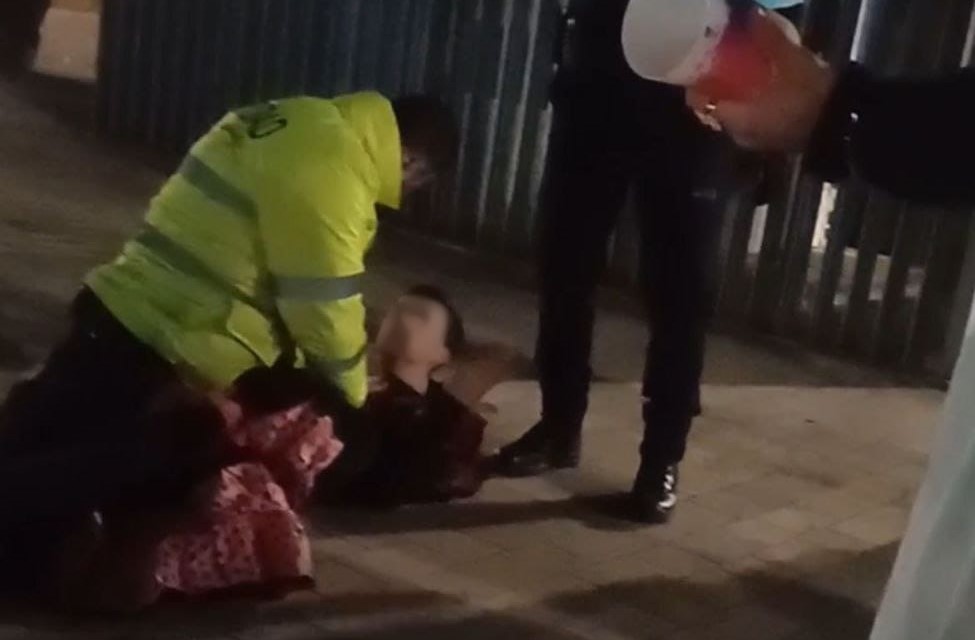


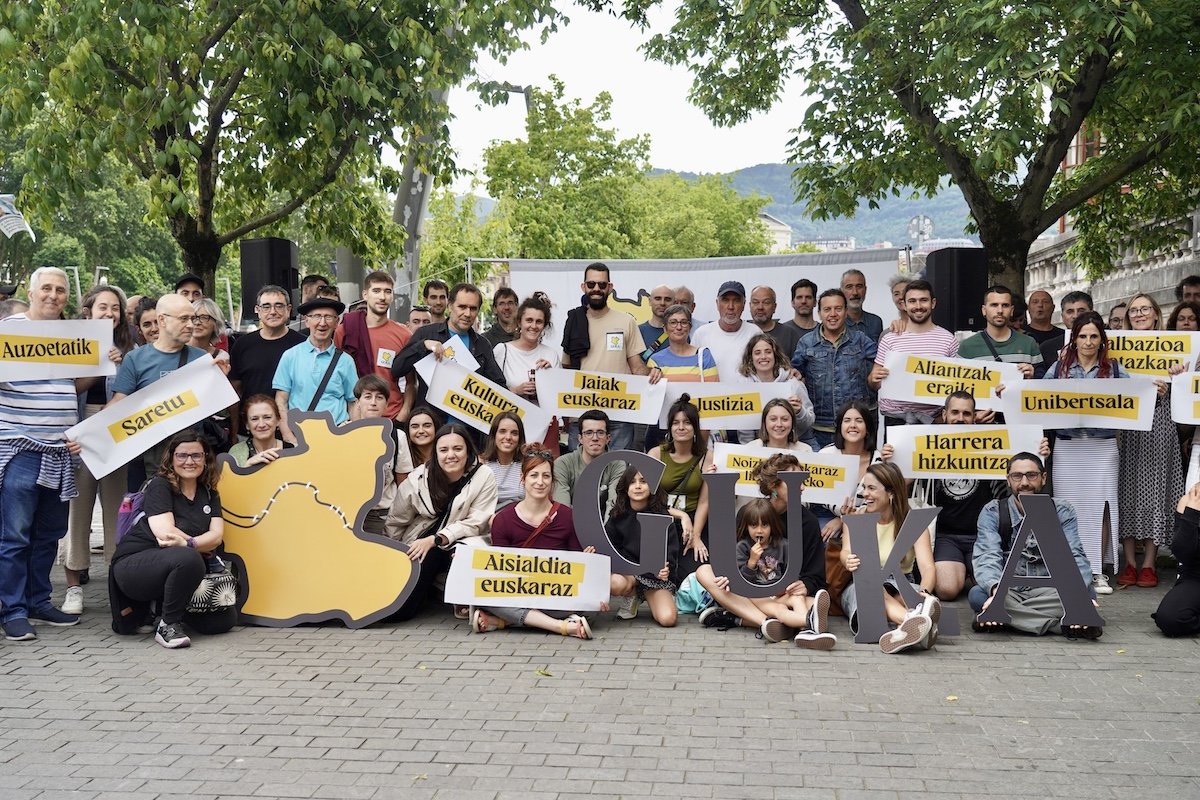



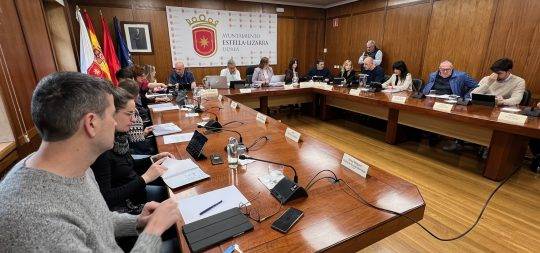
.jpg)
